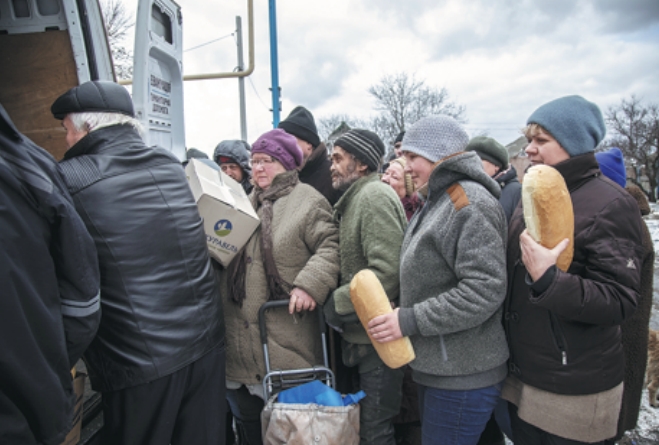Europe finds itself in new dilemma
Apart from losses in the battlefield and public fatigue, leaders are unsettled by prospect of a Trump return to the White House


He added there is also the concern that jobs are going abroad, which might hurt their national economy, adding that some have questioned the need for a big defense industry if the conflict is going to be over sooner or later, such as in two or three years.
While most Western leaders have vowed, at least rhetorically, to continue to support Ukraine in the fight against Russia, some have also implied the need for a negotiated settlement, a taboo in the EU for the last two years.
Acting Dutch Prime Minister Mark Rutte, who is a favorite candidate to become the next NATO secretary-general, said at the MSC that only Kyiv can trigger peace negotiations with Moscow.
"But when that happens, we will also have to sit down with the US, within NATO, collectively with the Russians to talk about future security arrangements between us and the Russians," he said.
Ian Bremmer, president of political risk research and consulting firm Eurasia Group, said in his podcast that the Russia-Ukraine conflict "is not going very well, certainly not from the perspective of those attending the security conference", referring to Western leaders at the MSC.
"Ukraine is nowhere close to the level of prioritization these days," he said of the public fatigue regarding Ukraine.
European media, which have been pro-Ukraine, has also started to cover the other side of the story, such as a mission impossible for Ukraine to defeat a nuclear Russia and the fatigue in both Ukraine and Europe about the prolonged conflict.
Top concern
The MSC Index released this year shows that Russia was perceived as the No 7 threat in Germany this year, compared to No 1 last year. Even in all G7 countries, the threat posed by Russia as the top concern as indicated in 2022 and 2023 has slipped to fourth place this year.
Yan Shaohua, an associate professor in the Institute of International Studies at Fudan University in Shanghai, questioned how the EU's new 50 billion euro ($54 billion) aid package agreed in February is going to change the situation for Ukraine. This is on top of the 88 billion euros already spent since the conflict broke out in February 2022.
He added that the rise of right-wing populism in Europe will pose further challenges to future support for Ukraine.
Yan noted that with another conflict going on at its door, Ukraine is no longer the only item on top of the EU's foreign policy agenda.
"The prospect of a Trump comeback in the US election casts another shadow over trans-Atlantic unity and the future of the Russia-Ukraine conflict," he said.
"To prepare for such a scenario, there is an increasing sense of urgency in Europe to step up efforts in developing its defense capabilities, but if the US decides to cut its aid or even leave NATO under Trump, it is doubtful whether Europe could fill the gap left."
chenweihua@chinadaily.com.cn


















